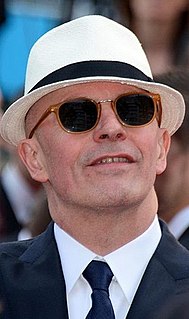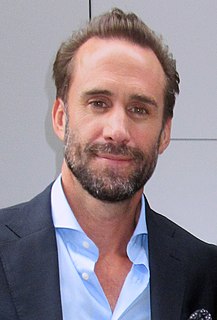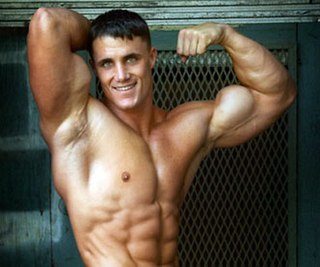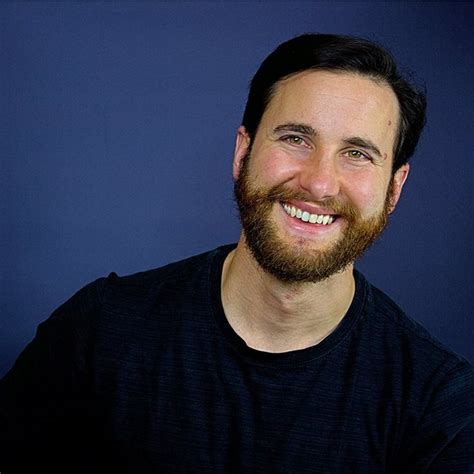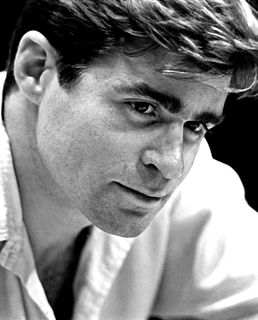A Quote by Liev Schreiber
Flaws reveal a lot about a character and who people are. The flawed elements of a character are where I find their humanity. Those are the things I tend to identify with - the weaknesses. I don't know why, but I identify with struggle more than with success.
Related Quotes
I think 'Scarface' is a great film, but if you have a character like Tony Montana, you don't identify with him at all. I think it's very interesting instead to identify yourself with a character you don't like all the time. You can create a tension between the fiction and the viewer. You force the spectator to wonder about his actions.
The first thing that happens is the cleansing of the former character. I don't think a lot of actors talk about it, but there is usually a process where you essentially purge yourself of the character played prior to the movie. Then you want to think about what the character represents, and you write down all of the elements about this character and then take the time to find some synchronicity and start breathing the character.
This is a corny actor thing to say, but the first step is that you can't judge the character that you're playing. If it's built in three-dimensional fashion, you'll just play a character who's going out and seeking the best version of their life that they can find. That gives the character an accessibility that everyone can identify with.
I have been villainized because of my identity - I've received nasty blog comments and emails just based on my willingness to identify with feminism by people who clearly don't understand what I value and why I identify as a feminist. Ultimately, I'm less concerned with whether or not people identify as feminist and am more concerned with whether or not people understand what feminism is. If they don't want to identify as a feminist that's fine. I respect people's decision to identify any way they want and expect that same respect in return, although I don't always get it.
Most of us are flawed, complicated people, and we're all trying very hard to disguise that or hide it from the public. Ultimately, we respond to someone who's capable of doing heroic things but has issues or problems in their life that they can't seem to resolve. I believe audiences identify with that. All of us have those secrets and those things that we wish we could improve about ourselves. And when you have someone who's heroic and flawed, I think it makes us feel better about ourselves.
I think you should identify with your character, but plenty of people like themselves and hate themselves. You just have to find out what's truthful for the person you're playing. When people talk about that, I think what they're saying is that as an actor, as Peter, you don't want to make a judgment that comes from your worldview about the character. Your judgments should be coming from the place of the character, and within that space, sure, you could love or hate yourself or whatever you think is most appropriate.
Until a character becomes a personality it cannot be believed. Without personality, the character may do funny or interesting things, but unless people are able to identify themselves with the character, its actions will seem unreal. And without personality, a story cannot ring true to the audience.

